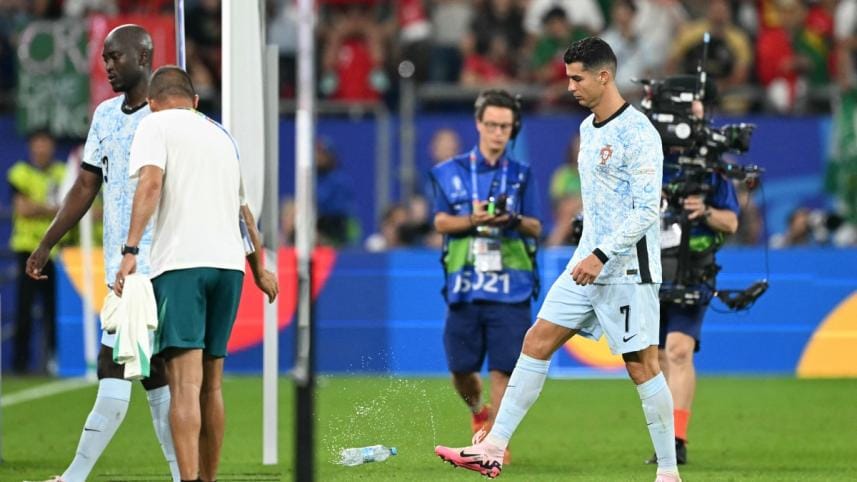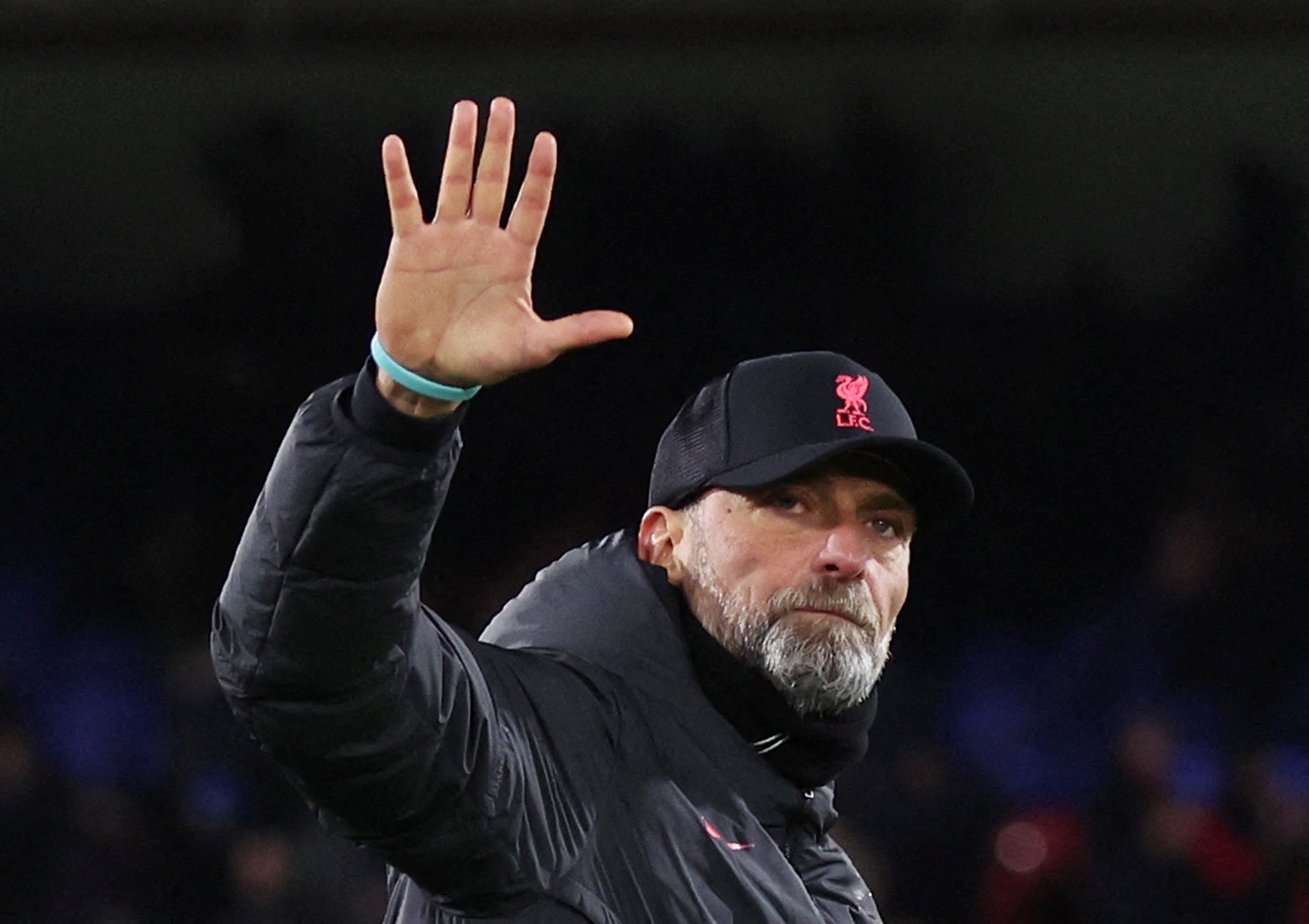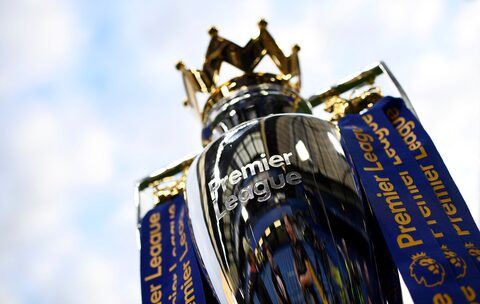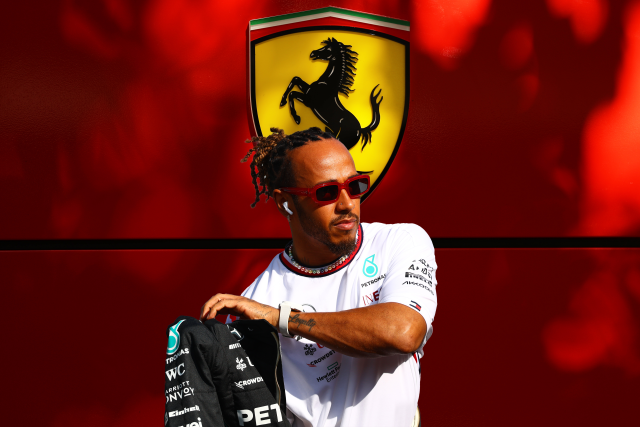The dreading calm before the hopeful storm?

If you cast your memories back to the last FIFA World Cup, then this Euro 2024 group stage has dramatically fallen short of providing the electricity football usually brings in the European continent. Then again, there is always that argument that we tend to recall only a handful of the best matches, while most group rounds are quite tedious. But in my opinion, this has been one of the slowest starts to a European campaign by most teams.
When the new 24-team format was introduced back in 2016, the criticism was that lower ranked teams would be out of their depth when facing other European giants. However, that ideology has very well been crushed this year. Every side has managed to win at least one point from their three matches. Only Scotland faced the toughest wrath, losing 5-1 on the first match day, but that is very much due to how well Germany kicked off the tournament, being the host country. Newer teams such as Albania held their ground well and only lost by a goal to Spain and Italy; Georgia outplayed Portugal on the final day, securing a 2-0 win and a place in the knockout stages. Serbia, despite finishing last in their group, dragged their campaign to the final second of the round. It was not a question of being out of depth, but rather whether the matches had entailed the same level of excitement as in the previous campaigns.
In terms of the actual games, the lack of goals for occasional football fans would be one reason why they seemed wearisome. For seasonal fans, it was also the lack of cohesion or structure in the teams that made the matches feel languorous. Take England, for example. The Three Lions boast one of the finest teams on paper, but on the field they look lost, lacklustre and confused. There is no structure; there is no output. Despite having some of the best talent in world football, such as Phil Foden, Jude Bellingham, Cole Palmer, Bukayo Saka and Harry Kane, England's attacking play has been blunt. They only managed to score two goals, and Gareth Southgate's "safe" football has garnered harsh criticism. Similarly, France, with Kylian Mbappe and an exciting overall squad, have managed to only score two goals—a deflected own goal and another from the penalty spot. Belgium probably had one of the poorest conversion rates, managing to score only twice from an xG of 4.35.
Spain and Germany have perhaps been the most consistent and exciting among the top teams, while Austria have emerged as the most fun to watch. Ralf Rangnick, the once-upon-a-time interim coach of Manchester United, has set up a team that don't just sit back and defend, but rather seem to have a style of play that suits their game. That is why it was no shock that they managed to put three past the Netherlands to top their group, whereas France struggled to put the ball in the back of the net against the Dutch. In some ways, it also showcases the problem with these group stage matches: in games where the teams did not have a clear edge or a possibility of going home, they were content with sitting back and playing counterattack instead.
Having said all of this, not all matches were as bad; some did have last-minute goals—Germany equalising in the 92nd minute against Switzerland; a goal from Hungary in the 100th minute to book a place in the knockout rounds; and a last-minute equaliser from Italy to send Croatia and Luka Modrić home. There was some excitement. There have also been instances of tactical diversity, with some teams setting up three at the back, some with two wide players deployed and allowed to drift inside the midfield, while others have used their wingers to stretch the attack. We have seen the resurgence of N'Golo Kante from a deep-lying playmaker position and then dribbling into the box. Toni Kroos in his final international tournament, still playing a crucial role to instigate Germany's attack. The false nine in Kai Havertz, Andrej Kramarić have also made a return, along with the traditional big forwards, Niclas Füllkrug and Wout Weghorst, having the final say in a game. There have been a lot of tweaks and turns from the coaching aspect, but often it felt as if the players were still figuring out their roles.
But all is not doomed. Now is when the real football will kick in; in fact it must kick in, or else teams will be sent packing back home. Knockout football is always exciting because there is the fact that if you cannot execute, you are executed. The very first match is an exciting one as Switzerland take on Italy. The latter, who are the reigning champions, are yet to find their feet in the tournament, having thoroughly been outplayed by Spain in the group stages. But this is somewhat reminiscent of the previous tournament where they always seemed like they were going to go out, only to find their feet when required. This is also how knockout football is. Switzerland, on the other hand, have been a pleasant surprise and with bold tactical changes, it seems they have found a way to manage games well.
England take on Slovakia. So far, both teams have shown more energy in their defensive third rather than their attacking, and as a pessimistic football fan, I see signs that this will end in a one-goal scoreline. Romania, who shockingly finished top of their group, take on Netherlands. This has all the potentiality to be a fun match as both teams have a decently paced attack. Despite the Netherlands still waiting to implode and Ronald Koeman still figuring out how to use Jeremie Frimpong, with a do-or-go-home possibility, expect a fun match.
Austria and Türkiye will be every keen football fan's go-to match. Türkiye are chaotic, sometimes sporadic, but always fun to witness. Austria's newfound dynamism is contagious, and thus this will be that match everyone will hopefully talk about at the end of the tournament because of how unpredictable the matchup is. Host Germany take on last Euro's dark horse Denmark, and while Germany are one of the favourites to win, Denmark have not been all that disappointing—or perhaps that is how low the bar for quality has been set. Spain take on Georgia, and no matter how immensely fun it has been to watch Khvicha Kvaratskhelia and his mates play, it seems very unlikely that they would find a way to crack this stern Spanish side who, despite the lack of experience in the squad, are very much playing the most calm-headed football.
Then, finally, there are France taking on Belgium and Portugal taking on Slovenia. France are the favourite in their match, and more so with the fact that they have a strong defensive pairing mixed with Romelu Lukaku's inability to score without VAR ruling it out. On paper, Portugal are tipped to stop Slovenia's party, and even though they lost to Georgia in their final game, it is important to note that they made several changes, with some experimental tactical changes. Aside from that experiment going wrong, they have been a strong team so far, even if their star talisman Cristiano Ronaldo has yet to find the back of the net.
There is still a lot of football yet to be played in the Euro 2024, and with the knockout stage kicking off this Saturday, hopefully the best is yet to come. Yes, it has been quite monotonous so far, but it is also easy to overlook the remarkable achievements of some of the smaller nations who have advanced from their groups and are now competing against teams they would not usually face at this stage of the competition. With more at stake now, let us hope for the best.
Raiyan Binte Rafiq is the sports columnist for The Daily Star. She is currently pursuing an LLM, while freelancing for INDIVISA. She also oversees recruitment at Next Level Sports Management based in Bangladesh.
Views expressed in this article are the author's own.
Follow The Daily Star Opinion on Facebook for the latest opinions, commentaries and analyses by experts and professionals. To contribute your article or letter to The Daily Star Opinion, see our guidelines for submission.




 For all latest news, follow The Daily Star's Google News channel.
For all latest news, follow The Daily Star's Google News channel. 


Comments